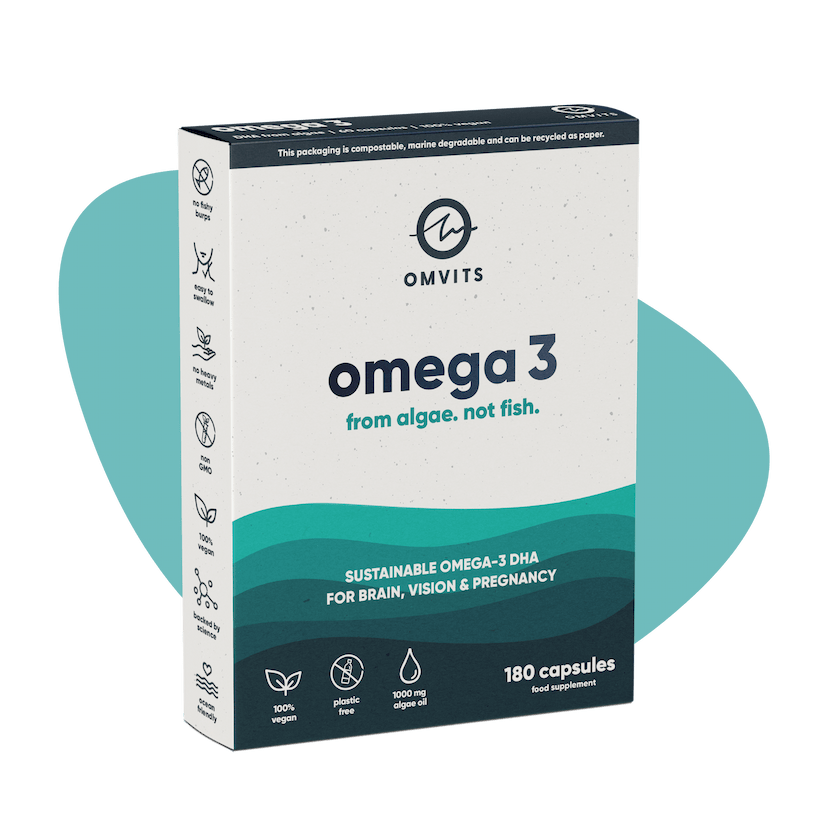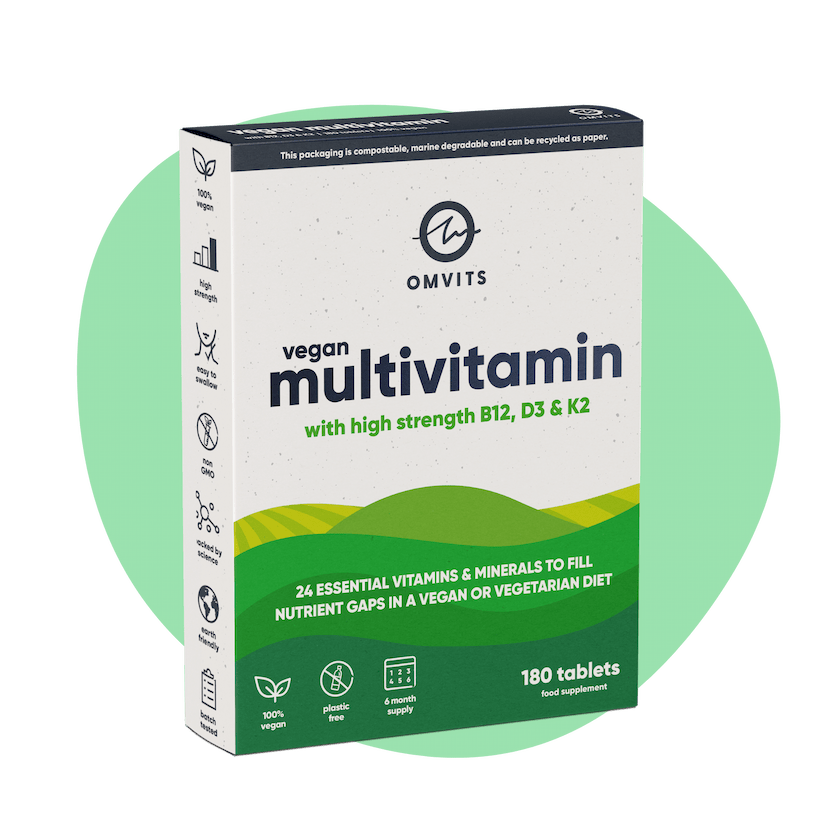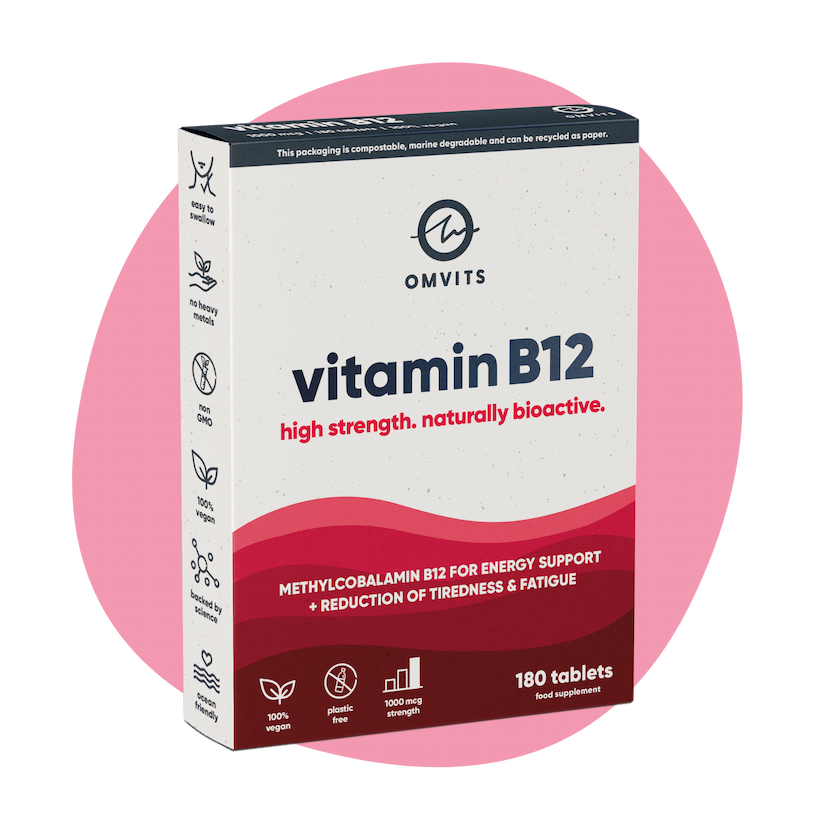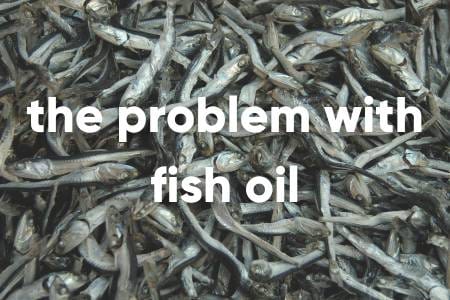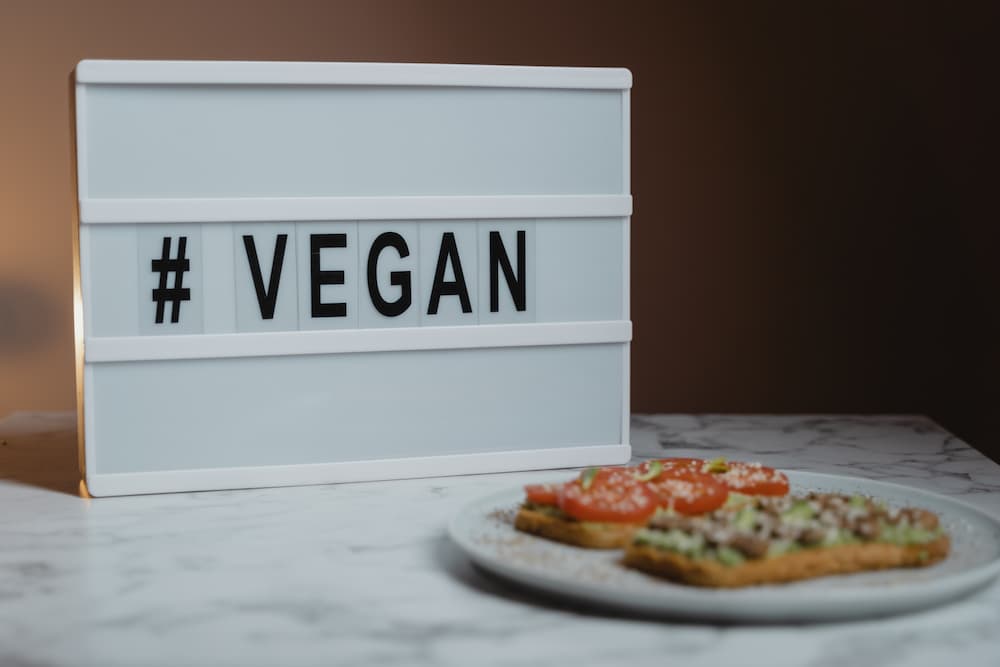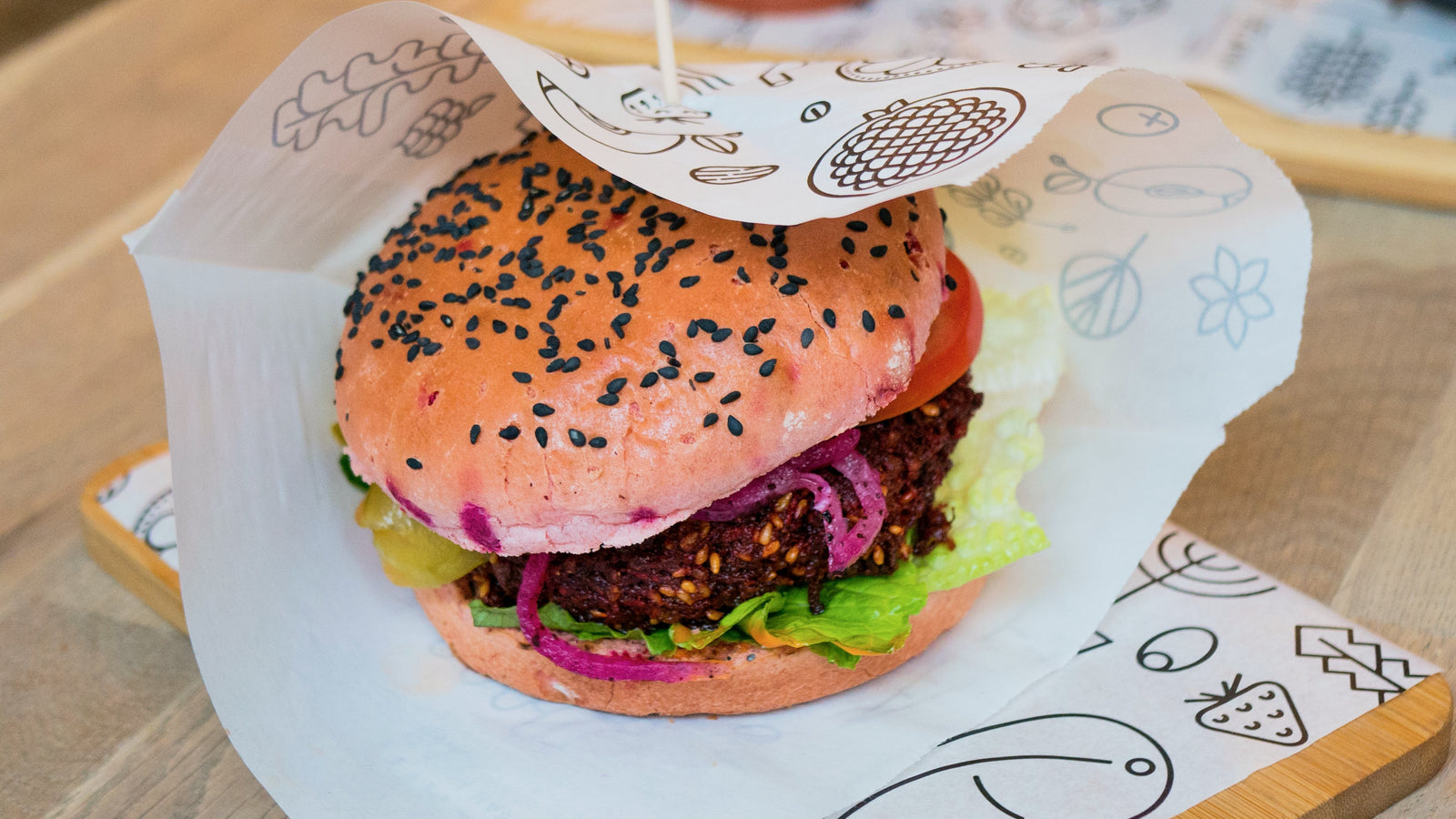FREE UK Delivery £25+
FREE UK Delivery £25+
Blog
about us
account

How To Do Veganuary If You’re On A Super Tight Budget
January 11, 2022 5 min read
It’s a common misconception that being vegan is expensive. This may be due to the belief that to maintain this lifestyle, you need to buy pricey supplements, powders, superfoods, or vegan meat and dairy alternatives, but these things aren’t necessary.
Just as with a meat diet, if you find yourself eating a lot of processed foods, you will find yourself burning through your money pretty quickly, but when you get down to the basics, you'll discover that a whole food plant-based diet can be pretty cheap and easily accessible to everybody.
Here are a few pointers to help you save money on meals without compromising flavour or variety this Veganuary.
Plan Your Meals
Although this is a no-brainer, there is nothing more effective than meal planning ahead of time. To begin with, it will make your shopping experience a lot less stressful and, most likely, less expensive. Why? It's simple: if you know exactly what you need to buy and how much of it you need, you'll be less likely to overbuy and waste food. As a result, you will save a lot of money.
Make a note of the recipes you'd want to try and figure how many items you'll need, whether you're shopping weekly, fortnightly, or monthly. Following a vegan diet may require you to eat mostly fresh veggies, which may necessitate more frequent trips to the grocery, but this is easily accommodated in your budget. Try to avoid overspending and overshopping by making a strategy, sticking to your shopping list, and cutting costs. Oh, and never go shopping on an empty stomach.
Cook From Scratch
Following on from the previous point, if you buy ready-made meals, sauce jars, or premium brand meal deals, you won't be able to eat cheaply. Of course, these are convenient, and we all use them from time to time, but they do come with a price. Cooking from scratch, on the other hand, does not have to be difficult or time-consuming. In 30 minutes or fewer, you can create a variety of one-pot dinners.
Whilst you’re at it, avoid eating out too. Because you're paying for the service, restaurant or diner meals are significantly more expensive than self-prepared meals. If you're on a tight budget, eating out should be a rare pleasure or avoided entirely.
When you're on the go, try to prepare meals or snacks ahead of time and pack them in a lunch box. This way, you have complete control over what goes into your meals and are not reliant on restaurants or cafes.
Veganuary has put together a great budget meal plan offering 7 days of recipes for breakfast, lunch and dinner, with meal costs starting from just 22p! Download the meal plan here.
Bulk Buy
Family size or big packets usually provide considerably greater value for money than usual size packets. Keep an eye out for the unit price, which indicates the actual cost per pound, litre, or another unit. This makes it simple to compare items and select the most cost-effective alternative.
Look in your grocery store's bulk department, or perhaps there's a whole bulk food store nearby? Because you're not buying for packaging or a brand name, you can stock up on things like oats, rice, pasta, nuts, and seeds for a very low price.
Lentils and mung beans are fantastic for dhals and curries, and they're an inexpensive way to bulk out soups and stews with protein and iron. Keep large bags of them in the pantry so you may make a soup or curry on the spur of the moment. Simply rinse them in cold water and toss them in, allowing them to simmer in the sauce. Buying dried beans and soaking them overnight can help you save even more money.
Cook Big Dinners
Cooking a large dinner ensures that you don't have any half-used tins of beans on hand (which sometimes go to waste) and that you have dinner covered for the next day too, which is especially helpful if you’re not big on cooking. If you don't want to eat the same thing two days in a row, create a rice salad with the leftover cold rice from a veggie chilli for lunch and then make burritos with the chilli for dinner. This also saves time in the kitchen, allowing you to make guacamole, salsa, and a salad to add variety to the burritos.
If you realise you bought too many fruits or veggies and they're going to spoil, freeze them right away. A ripe or overripe fruit can be frozen and transformed into a delightful smoothie later. Frozen vegetables can be used to prepare a delicious stew or soup.
You can also stock up on fresh produce if you find a particularly good offer and then freeze it for future use.
Shop Smart
There are a few tricks you can use to ensure you’re getting the best value for your money at your next supermarket trip.
- Loyalty Cards - If your supermarket offers a loyalty programme, take advantage of it to save even more money.
- Get Couponing - To earn some extra savings on foods on your shopping list, check your newspaper as well as your email inbox (if you joined up for a store subscription) for coupons, deals, or specials. You can also hunt for printable coupons on the internet.
- Shop Supermarket Own Brand - When feasible, choose store brands. They frequently provide the same quality at a lesser price since they save money on promotion and packaging.
- Look Around - Look for low-cost items that are usually on the lowest shelves. The more expensive ones are usually seen at eye level.
- Ethnic Supermarkets - At your local ethical store, you may discover a wide variety of vegan treats at a significantly reduced price. Consider jackfruit, tofu, and tempeh, as well as rice paper, noodles, spice mixes, and large bottles of soy and chilli sauces.
If you're on a tight budget, there are a variety of strategies to save money, but whatever you do, don't starve yourself or jeopardise your health. Fortunately, healthful foods may be found for a very low price. Building your diet around starchy foods can provide you with a good foundation of nutritional calories for a low cost. Leafy greens are also high in vitamins and minerals and should be a regular part of your diet.
To get all the nutrients you need, get creative with fresh yet basic recipes and mix things up. To obtain well-being and delicious flavours, you don't need pricey ingredients.
If you're interested in taking supplements or trying a new brand, then try us out, we’re Omvits! We’re plant-based, ocean-friendly, with a sustainable ethos and we’re socially responsible… We’re not perfect, but we are trusted by thousands of happy customers around the world.
Leave a comment
Comments will be approved before showing up.
Also in The Omvits Blog
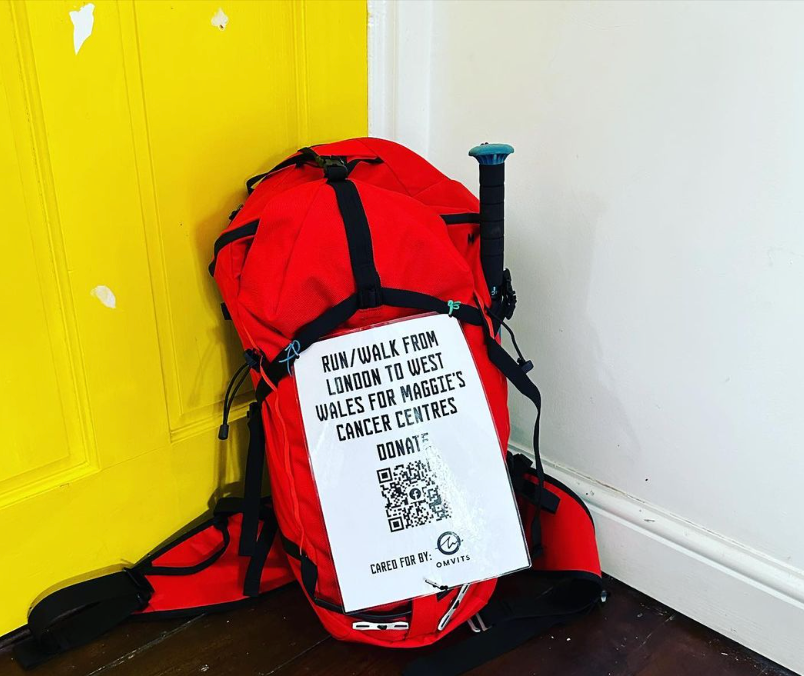
The Power of Running: How a 200 Mile Run to Wales Became a Meaningful Journey for a Great Cause
May 03, 2023 3 min read
We interviewed Andrew Thomas, who was preparing for a 200-mile marathon from London to Wales to raise funds for Maggie's Cancer. Read the article to know more about his adventure!
Subscribe
Sign up to get the latest on sales, new releases and more …
Recent Articles
-
The Power of Running: How a 200 Mile Run to Wales Became a Meaningful Journey for a Great Cause
May 03, 2023
-
Sneaky Ingredients To Watch Out For If You're Vegan
January 11, 2022
-
How To Do Veganuary If You’re On A Super Tight Budget
January 11, 2022
-
How To Satisfy Meat & Fish Cravings During Veganuary
January 11, 2022
-
Common Pitfalls Of Veganuary And How To Avoid Them
January 11, 2022
-
Simple Nutrition Advice For Veganuary And Beyond
January 11, 2022
-
Best Vegan Meat Alternatives To Try This Veganuary
January 11, 2022
-
5 Ocean Friendly Clothing Brands To Check Out This Month
June 21, 2021
-
12 Incredible Ocean Conservationists To Support This June
June 16, 2021
-
How To Do Something For World Ocean Day If You Can't Get To A Beach
June 08, 2021

